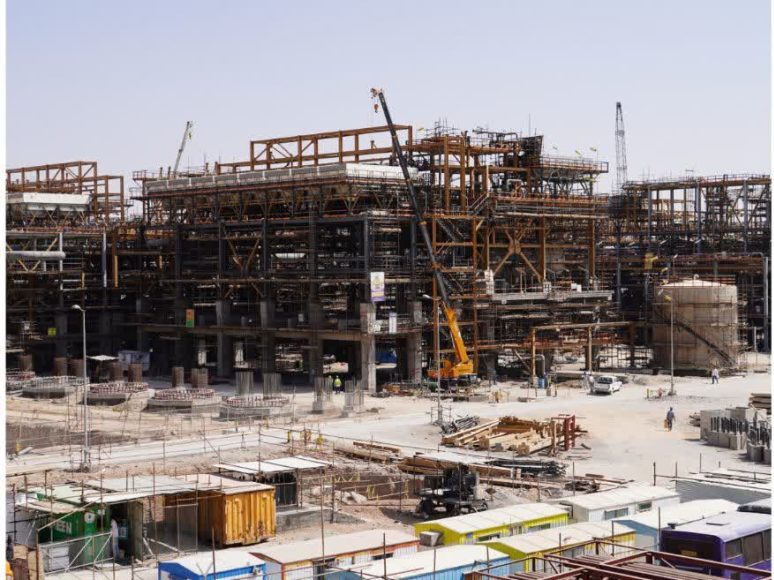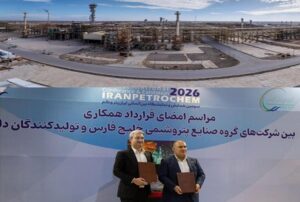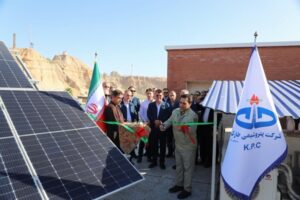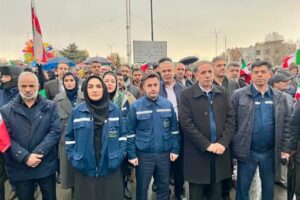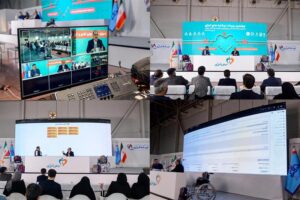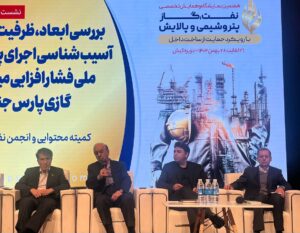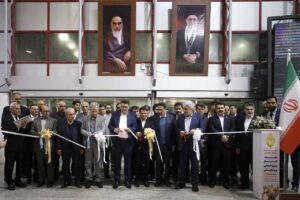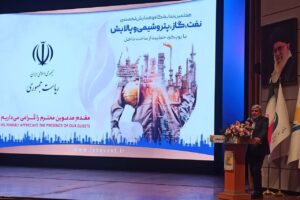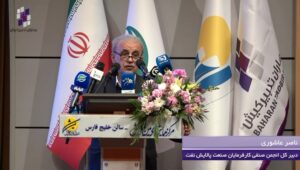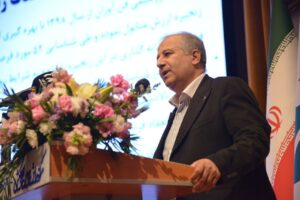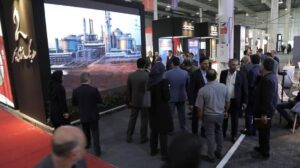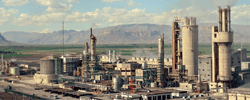Regarding the stages of implementing the fuel oil upgrading project (the so-called RHU project) at the Esfahan Oil Refinery Company (EORC) said the first phase of this project aims to reduce impurities, including heavy metals and sulfur in fuel oil, and the second phase of this project aims to convert fuel oil into light and valuable products and produce propylene as feedstock for petrochemical companies.
Gholamreza Bagheri Dizaj, the RHU project is known by its original name as the Fuel Oil Upgrade Project because the ultimate goal of this project is to convert fuel oil into valuable, standardized products that are free of any type of sulfur.
He said the RHU project has been phased due to the extensive and complex nature of the operations. This is planned in such a way that this project will be completed in two stages. In the first phase, impurities and sulfur in fuel oil will be reduced to meet current environmental standards, so that the produced product will be able to be combusted and consumed in power plants without environmental impacts.
He stated in the first phase (RHU project), the residual sulfur content of distillation towers will decrease from 30,000 PPM to less than 500 PPM, which will be beneficial in addressing energy imbalances. When this product can be easily consumed in power plants, natural gas will be free in power plants and used by other industries. In this way, the closure of other production units that are about to close due to gas shortages will be prevented, and gas will also be supplied to citizens in winter.
Bagheri Dizaj added in fact, the company will release a huge source of gas for the use of citizens and other industries, and thus positive steps will be taken in helping the production cycle.
The CEO of the Esfahan Refinery added if the company solve the gas issue, the company can also solve the feedstock for petrochemicals, this will help prevent the consumption of natural gas, which will be replaced with healthy fuel oil.
He said in the second phase of the project, which is called the RFCC project, sweet fuel oil will be converted into Euro 5 gasoline and diesel and products used in industries and petrochemicals. He said this project will also play a significant role in reducing the imbalance between gasoline and diesel.
The vice chairman of the board of directors of EORC said the fuel oil upgrading project will help eliminate the gas imbalance in the first phase, and in the second phase, it will include eliminating the gasoline and diesel imbalance.
He added the Esfahan Refinery produces 13 million liters of fuel oil daily, and with the implementation of the RHU project, 13 million liters of fuel oil will be sweetened in the first phase, and in the second phase, 9 million liters of the 13 million liters of sweet fuel oil will be converted into Euro 5 gasoline and diesel fuel. The company will also produce propylene feedstock, which is very valuable for petrochemicals.
Bagheri Dizaj said currently, the first phase of the RHU fuel oil upgrade project, which started 4 years earlier than the second phase, has 69% progress and will be put into operation in 2026. The cost of this project in the first phase is 560 million euros, of which about 380 million euros have been spent so far, and the remaining costs will be covered by the time the project is completed.
The CEO of Esfahan Refinery added the second phase of this project, called RFCC, will be put into operation in 2 years, in 2027. This project will cost 800 million euros, of which 80 million euros have been spent so far, and the rest will be carried out over the next 3-4 years.
He continued said while the RHU project has not been launched, if fuel oil is used in power plants, cement factories, and other industries, at least 300 tons of sulfur will be released into the air daily.
Bagheri Dizaj said the fuel oil upgrading project requires water to continue operations. With the good investment that the Esfahan Refinery has made in the sea transfer project, and the Soffe Water Company is in charge of it, within the next month, the Esfahan Refinery and Mobarakeh Steel Company will be the first companies to consume sea water and the company will not need Esfahan water.
He said one of the most important parts of this project is that the environmental and governance component of this plan, with the benefits of shareholders, will add between $300 and $400 million to the company’s profits.

